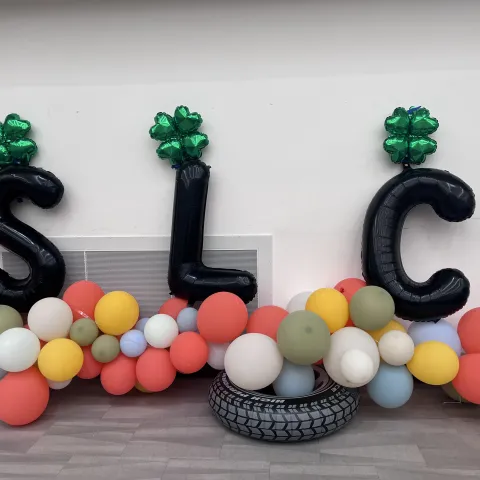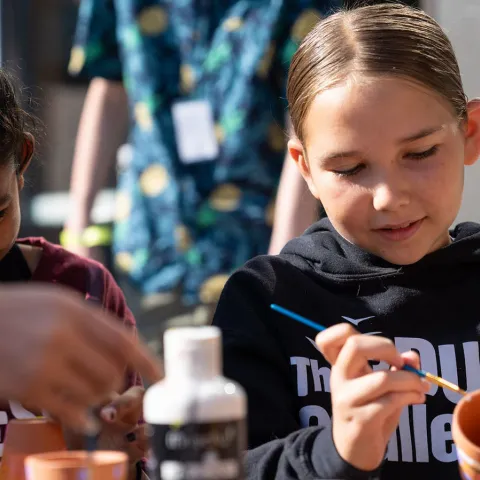Mental Health
Understanding Adverse Childhood Experiences (ACEs) Among Different Groups of Youth (Part 4 of Series)
June 6, 2025
By Matthew R Rodriguez, Sally E Neas, Kaitlyn A Murray, Liliana Vega
The Relation between Adverse Childhood Experiences (ACEs) and Developmental Context (Part 3 of Series)
April 17, 2025
By Matthew R Rodriguez, Liliana Vega, Kaitlyn A Murray, Sally E Neas
Adverse Childhood Experiences (ACEs): The Original 10 ACEs (Part 1 of Series)
February 21, 2025
By Liliana Vega, Kaitlyn A Murray, Sally E Neas, Matthew R Rodriguez


